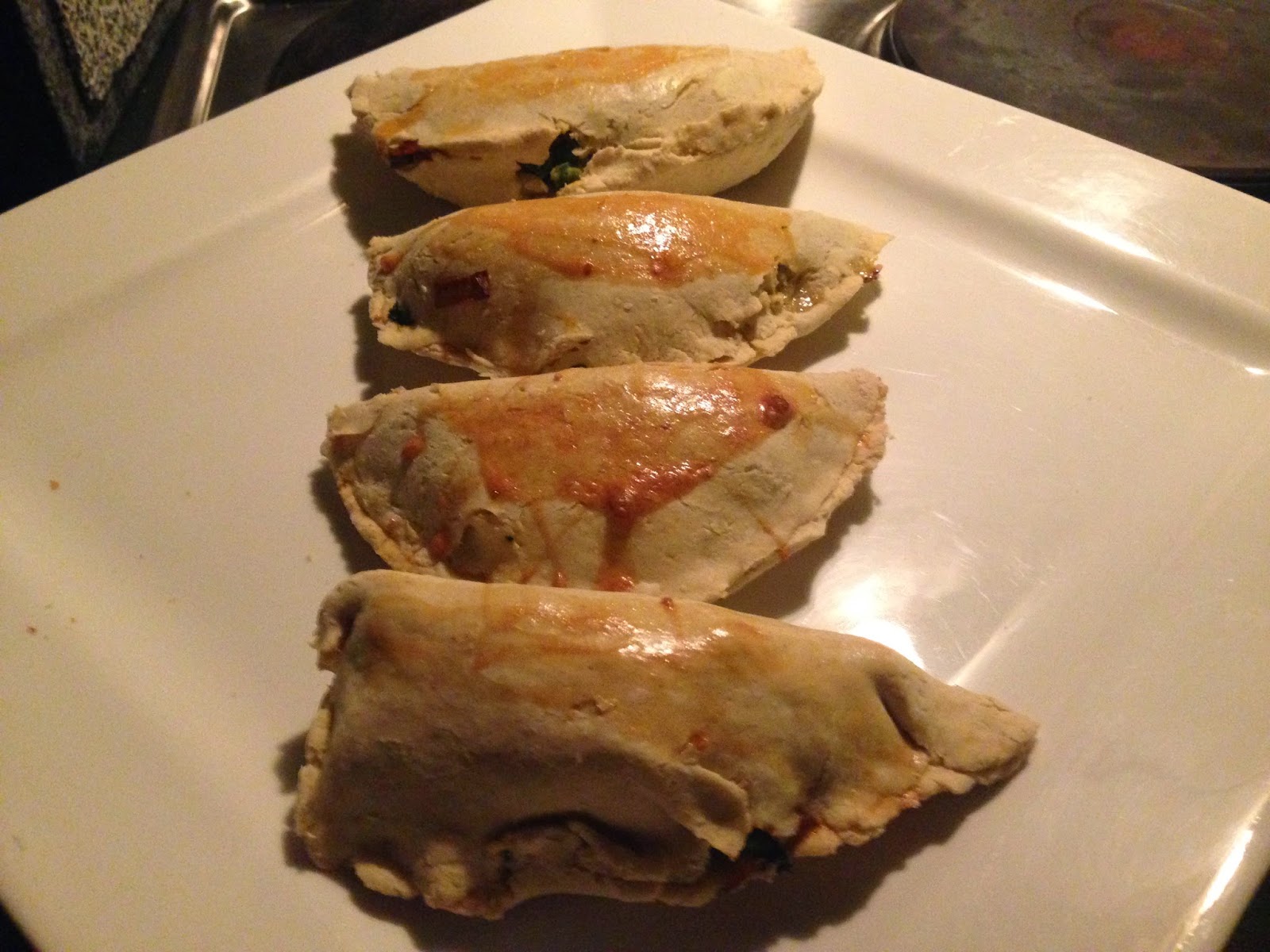I haven't written anything in two weeks - put it down to an intense study load, busy work schedule and to be perfectly honest, a lack of English food. I don't know what sinister forces were casting their spells on me last week, but I crossed into the dark side and like a cursed soul devoid of time and memory made Spaghetti Bolognese for my Sunday dinner. Having supped on this classic dish I can safely say it earns its keep on the list of international comfort dishes, but this is neither the time nor the place to discuss it in detail - a future blog, perhaps?
For now, let's focus on what went on in my kitchen last night - the Lancashire Hotpot
I could have lied about my cyber absence and said I was waiting for my hotpot to cook BECAUSE THAT'S HOW LONG IT TAKES! Well no, I left mine in the oven for 3 hours, but according to tradition one puts it in at a low temperature prior to stepping out for work - there it will wait happily, stewing away so that dinner is ready to go upon your return from whatever you do to earn a buck. If you're like me and enjoy cramming way to much food into inappropriately small pots, you'll also be greeted with a godawful mess.
There's no definite date for the invention of the Lancashire hotpot, but it made it's reputation as reliable working class fare during the mass industrialisation of 18th century England - female workers trudging out to the cotton mills each morning could bung this thing in the oven and thus work assured that there'd be a hot meal for the family that night.
The ingredients are the working class type that the more astute of you should be familiar with by now - potatoes, carrots, leek, celery, and a cheap cut of meat. In this case I used lamb shoulder chops, rendered indescribably sumptuous after three hours of slow cooking.

Now, I've held forth at length on how wonderfully simple all of these rustic dishes are, but this one might just be too simple for my liking - you literally just brown the chops, then throw everything in a pot with some stock, and whack it in the oven. That's not even a recipe! Cooking two minute noodles is more complicated.
Don't get the wrong end of the stick, the Lancashire hotpot is a treat to smell, taste, and serve to your loved ones - but as my beloved noted last night, it seems an awful lot of these dishes are mere permeation of the stewing technique the Brits "invented". And you know, dear reader, I just grow a bit weary. I'm desirous of something more fanciful, more decadent, something less heritage and more dandy.
Luckily there's occasion for joy, for there is no lack of delightful things to satisfy this craving. Scotch bread. Devonshire tea. Pies and pastries, biscuits and breads - and we haven't even mentioned the world of puddings just waiting to be discovered.
There's also the Victorian era monstrosities to be had at - think offal, haggis, and stargazey pie (google it). And of course, there are still some of the classics yet to be explored - cold pork pies and roasted beef, I'm looking at you!
So take heart, my culinary brothers and sisters, things will only get more difficult, more interesting, and more delicious from here on out. Out of the sodden moors, with its soul warming stews and soups, and into the horror and glamour of the big smoke!
Til next time folks
-Jon








